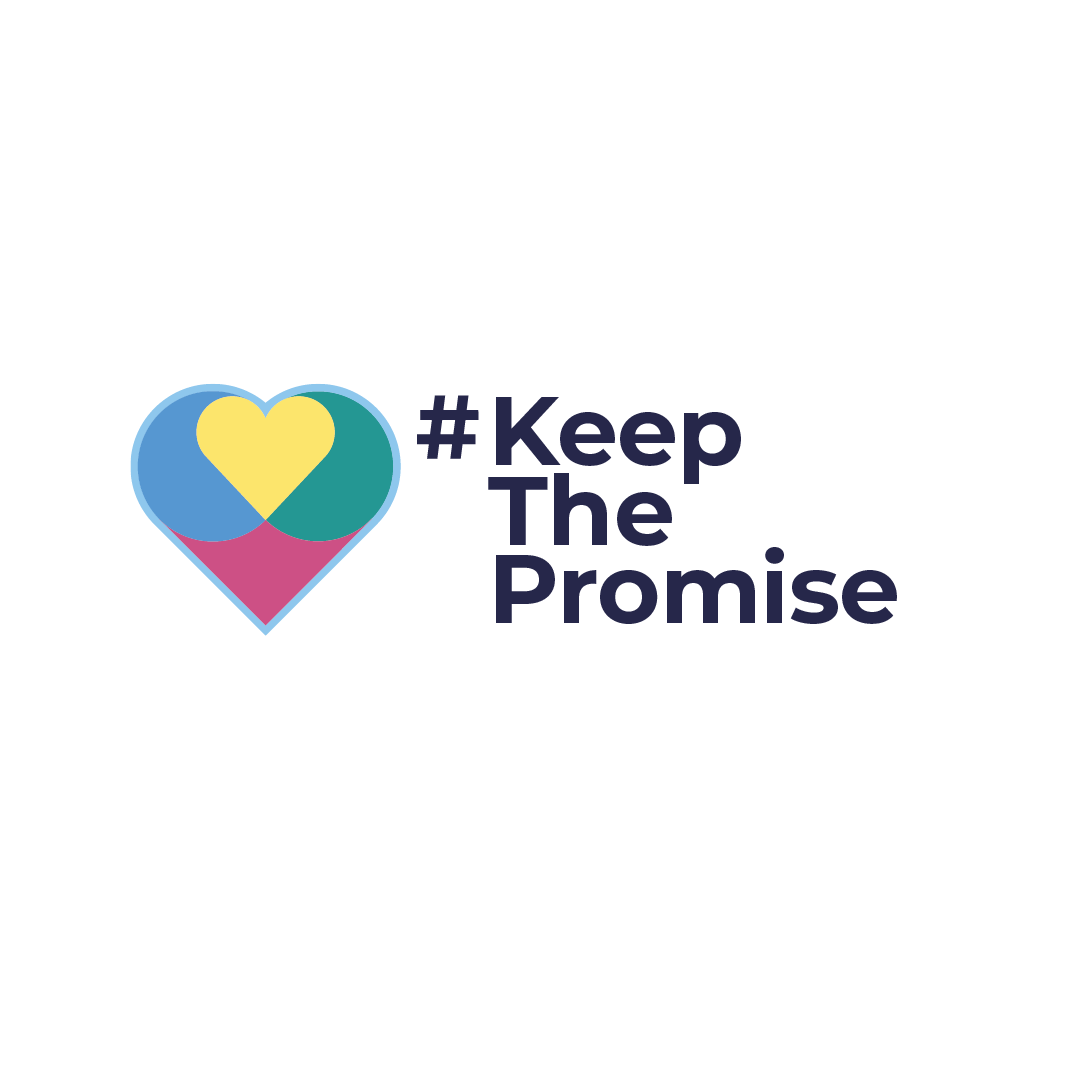Listening Well
18 Nov 2019 By Karen Holford, Family Ministries Director for the Trans-European Division

I’m a family therapist. That means I need to do a lot of listening to people, and I spend a lot of time helping people to listen to each other better, as well. But I noticed that when I’m arguing with my own family and friends, I’m not always that great at listening! I’m too busy focusing on what I’m going to say next to prove my point, and I don’t liste carefully enough to what the other person is really trying to say.
I train people to listen well in countries where there aren’t many counsellors and therapists. A good listener can really help other people to feel understood, cared for, and calmer. I wanted to find a simple way to help people remember how to listen well, and hopefully in a way that reduces their arguments. So I teach them how to listen with their ears, eyes, mind, heart and hands to make sure that they listen really well.
Obviously, we need to start by listening with our ears, and focusing on what the other person is trying to say rather than what we want to say.
Looking at the other person helps to show them that we’re really interested in them and what they have to say. Eye-contact can encourage them to say more, and, when we look at the person who’s speaking, we usually pick up extra bits of communication in their facial expressions.
Listening with our mind means we’re thinking carefully about what we’re hearing. It means being curious and asking questions to encourage the other person to say more.
Heart-listening is identifying the feelings that are being expressed and empathizing with them. People don’t always name their different emotions, so we may need to imagine what we would be feeling if we were going through the same experiences as them. If someone is sad, they may need some kind of comfort. If they’re happy, they may want us to share their joy. Someone who is frustrated or stressed might need some help. Or perhaps they need some positive attention or encouragement.
Once we’ve heard what they’ve said, focused our attention on them, been curious about their story, and listened out for their feelings and needs, we might need to do something practical, with our hands, to support them and help them. Or maybe we can find someone else to help them if we don’t have the right skills.
By listening in this multidimensional way, we might just hear things we’ve never heard before. We’ll get to know the other person better. We will hear their feelings more effectively and hopefully understand why they feel the way they do. And we’ll be able to help them and support them in whatever they’re facing.
When we focus on listening well to each other, we’ll probably have a lot, less arguments with each other.
Is there someone in your life who really needs a good listener? Try listening in this fully-focused way and see what a difference it makes.





